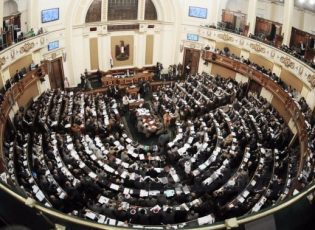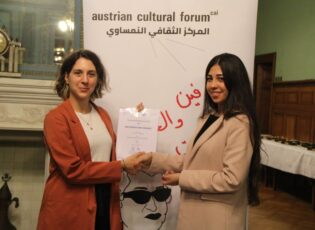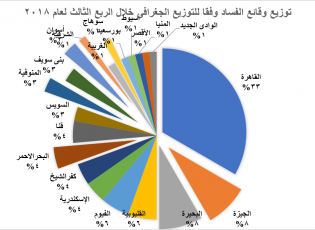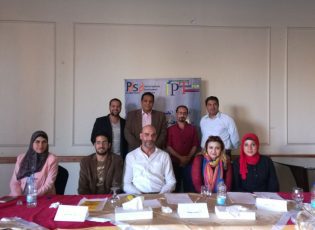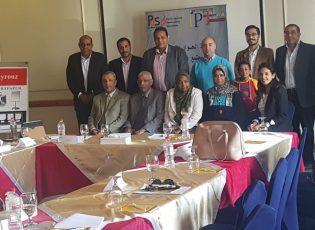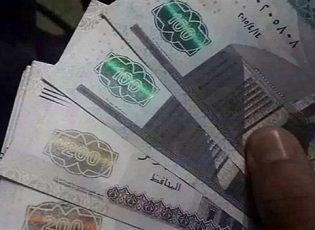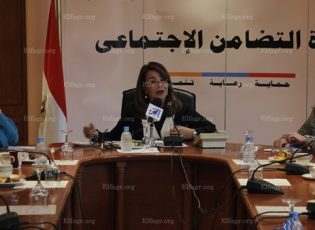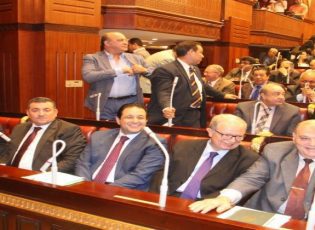The Arabian Egypt : Friday, 09 September 2016 10:44
The Ministry of Social Solidarity recently held a discussion session on a new draft of the civil associations law with a number of representatives of associations and organizations in Egypt, at a time when a number of jurists confirmed that the ministry did not present the draft law to them, demanding the development of a law that adheres to the constitution and prevents security interference in the work of associations Eligibility.
Walaa Gad, director of the Partners for Transparency Foundation, says that the meeting the ministry called to discuss the draft law did not include all representatives of the associations, and he does not know on what basis those who attended that meeting were chosen.
Hossam El Din Ali, director of the Egyptian Democratic Institute, confirms that the draft law that is being discussed by the Ministry of Solidarity has not been presented to them, saying, “This is the millionth time that there is talk about a draft that the representatives of the organizations do not see.”
Hossam El-Din believes that associations need a law that allows them to operate according to a legal framework without interfering with their work, indicating that they do not reject censorship, but rather prefer to work transparently, in contrast to the negative image circulated by the media.
It is clear that the non-governmental organizations' refusal to use oversight is the reason for the rejection of draft laws related to organizing the work of NGOs that were submitted by human rights organizations without a response from the Ministry of Solidarity for a period of up to a year, amid approval only development projects and rejecting projects with a human rights dimension, he said.
Walaa Gad indicates that the law to be submitted to Parliament during the second session must comply with the constitution and Egypt's international obligations that it has undertaken,
In the same context, Gad says that national security is one of the state's institutions, so there is no objection to its representation within the committee that is tasked with approving foreign funding decisions, but the committee must issue decisions approving or rejecting foreign funding within a specific period of time.
Gad demands the right of organizations to resort to the judiciary in the event that the committee rejects the request for funding, explaining that the judiciary must be the decisive factor in the case of this committee’s abuse, stressing the need for the committee’s decisions to be made public and justified.
However, Hussam al-Din considers that security approvals regarding associations are no longer acceptable, especially since the requests are submitted to the Ministry of Social Solidarity and not to the National Security agencies, explaining that it is not reasonable for the response to come by refusing the security, saying: “We submit requests to security directly as long as the approval and rejection comes. from him".
Hossam El-Din points out that Law 84 of 2002 did not explicitly stipulate security interference in the approvals granted to organizations on their work or funding requests, but everyone knows that the matter is implicit.
In a related development, Gad clarifies that Law No. 84 of 2002 regarding the organization of civil societies has two problems, the first is related to obtaining funding and the second is related to the absence of a time limit for receiving a response from the Ministry of Social Solidarity, so the association remains awaiting response for a period that may reach years, and in case of rejection Were not caused.
Walaa Jad, Director of the Partners Foundation for Transparency, added that the dissolution of associations does not have to be completed by an administrative decision, pointing out that Law 84 established the solution by an administrative decision of the governor or the competent minister, but it must be by a final judicial decision.
Short link: https://pfort.org/en/?p=1615




